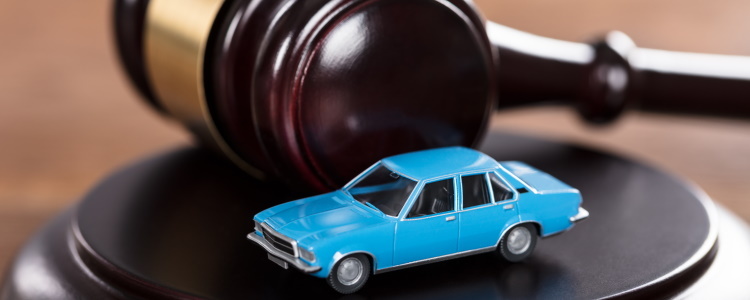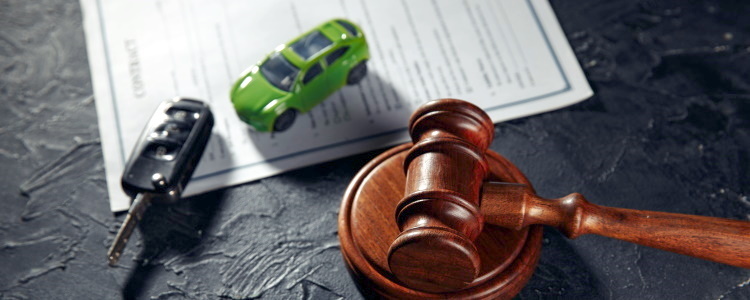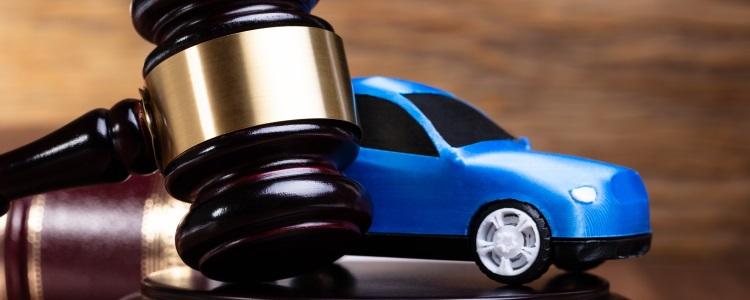If you’ve already received a discharge from a Chapter 7 bankruptcy, you have to wait eight years from the date you filed before you can file another Chapter 7. You aren’t able to file before the eight years is up, and there are limits on how many times you can receive a discharge.
How Often Can You File for Bankruptcy?
According to the legal experts at Nolo.com, there aren’t technically any restrictions on how many bankruptcy cases you can file. However, there are restrictions on when you can and can't file for another bankruptcy if you've previously done so. These restrictions depend on the type of bankruptcy you've filed and successfully completed in the past, and the type of bankruptcy you want to file now:
 Chapter 7 to another Chapter 7 – To file another Chapter 7 bankruptcy after the first one has been discharged, you have to wait eight years from the date you filed the previous case before you can file another.
Chapter 7 to another Chapter 7 – To file another Chapter 7 bankruptcy after the first one has been discharged, you have to wait eight years from the date you filed the previous case before you can file another.- Chapter 13 to another Chapter 13 – Once your Chapter 13 bankruptcy is closed and discharged, you can usually file for another case immediately after.
- Chapter 7 to Chapter 13 – Commonly referred to as a Chapter 20 bankruptcy, you can file for a Chapter 13 bankruptcy after your Chapter 7 has been discharged, but at least four years from the initial Chapter 7 filing date have to have passed first.
- Chapter 13 to Chapter 7 – You have to wait six years after your Chapter 13 bankruptcy been discharged before you can file for a Chapter 7. If you need to file before six years, you must have paid off anywhere from 70 to 100 percent of all your unsecured debts and prove that you put your best effort into your repayment plan.
If your previous bankruptcy was dismissed instead of discharged, the court can prevent you from filing another bankruptcy for a longer period of time. Ultimately, it depends on why your bankruptcy was dismissed, but in most cases, you're banned from refilling by what's referred to as a 180-bar. This is put in place if you failed to follow court orders, voluntarily dismissed the previous bankruptcy after the creditor filed a motion for relief from the automatic stay, or you committed bankruptcy fraud.
Can You Switch from Chapter 13 to Chapter 7?
Things change and life is unpredictable. If you’re in the middle of a Chapter 13 bankruptcy and aren’t able to keep up with your repayment plan and fear losing assets, sometimes converting to a Chapter 7 bankruptcy makes sense.
To convert to a Chapter 7, you have to file a notice of conversion first and pay the conversion fee, then you must qualify for a Chapter 7 bankruptcy by taking the means test. This compares your income to your state’s median income amount. Depending on the court and the state you live in, you may not have to take a means test for conversion.
If you’re approved to convert your bankruptcy, you must give up any non-exempt property in order to pay back your creditors. Non-exempt property may include a house or vehicle that was previously saved in your Chapter 13 bankruptcy. Any remaining debt you have is wiped out once the Chapter 7 bankruptcy is discharged, and you can generally finish the process in four to six months.
The Bottom Line
Filing for bankruptcy should be a last-resort option, but sometimes it’s simply unavoidable. If you completed a Chapter 7, or are in the middle of a Chapter 13, and need a car, but worry lenders are going to turn you away, let Auto Credit Express help. We work with dealerships across the country that specialize in helping borrowers in unique credit situations, including bankruptcy, get financed the vehicles they need. Start the process right now by submitting our easy and secure auto loan request form.
















